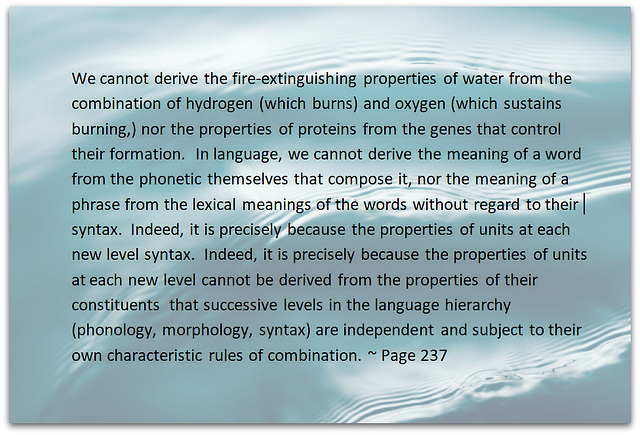Buds
A wall
The River
Time
San Francisco
Darwin - Anthropomorphism?
A gardian
What we say to the dog
Anthropomorphism
Fig. 5-39
Figure 5-32
Figure 5-27
Fragrance of Spring
Coffee and anthropomorphism!
Rocks
Mara's temptation
Philosophy
Learning consumerism
Wall art
Developing Intentions
Fairest January / Schonster Januarius
Black
Retired
Beyond Good and Evil {Path of Genius (1918) by Wen…
A Coconut
Message in the Bottle
^ ^
Public Library
Most Beautiful Wall
Most Beautiful wall
An Evening on the rocks
Daguerreotype
What the Trees say
See also...
Keywords
Authorizations, license
-
Visible by: Everyone -
Attribution + non Commercial
- Photo replaced on 30 Jul 2019
-
34 visits
- Keyboard shortcuts:
Jump to top
RSS feed- Latest comments - Subscribe to the comment feeds of this photo
- ipernity © 2007-2024
- Help & Contact
|
Club news
|
About ipernity
|
History |
ipernity Club & Prices |
Guide of good conduct
Donate | Group guidelines | Privacy policy | Terms of use | Statutes | In memoria -
Facebook
Twitter



Languages, like organic beings, can be classed in groups under groups; and they can be classed either naturally according to descent, or artificially by other characters. Dominant languages and dialects spread widely, and lead to the gradual extinction of other languages. A language, like a species, when once extinct, never, as Sri C. Lyell remarks reappears. The same language never has two birth places. Distinct language may be crossed or blended together. We see variability in every tongue, and new words are continually cropping up; but as there Is a limit to the powers of the memory, single words, like whole languages, gradually become extinct. As Max Muller has well remarked: “A struggle for life is constantly going on amongst the words and grammatical forms in each language. The better, the shorter, the easier forms are constantly gaining the upper hand, and they owe their success to their own inherent virtue.” . . . Page 94
Sign-in to write a comment.